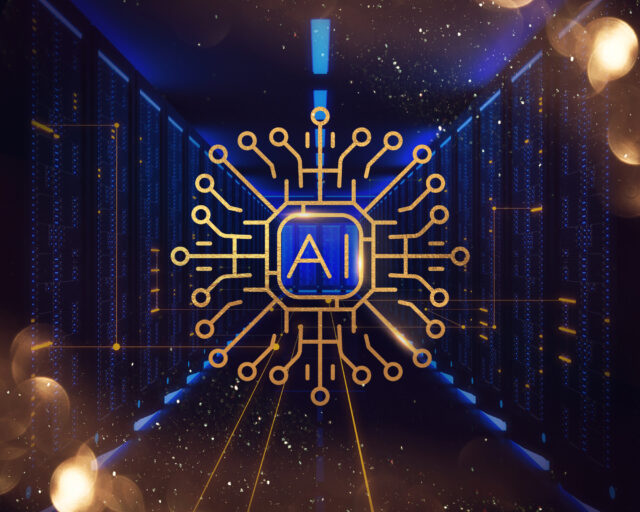Artificial Intelligence is making some rapid advancements in the healthcare industry – mainly aimed towards improving cost reduction, efficiency and patient care. However, when you see AI, there’s always a debate attached to it. In this case, too, it is important to see both ends – the opportunities as well as the challenges.
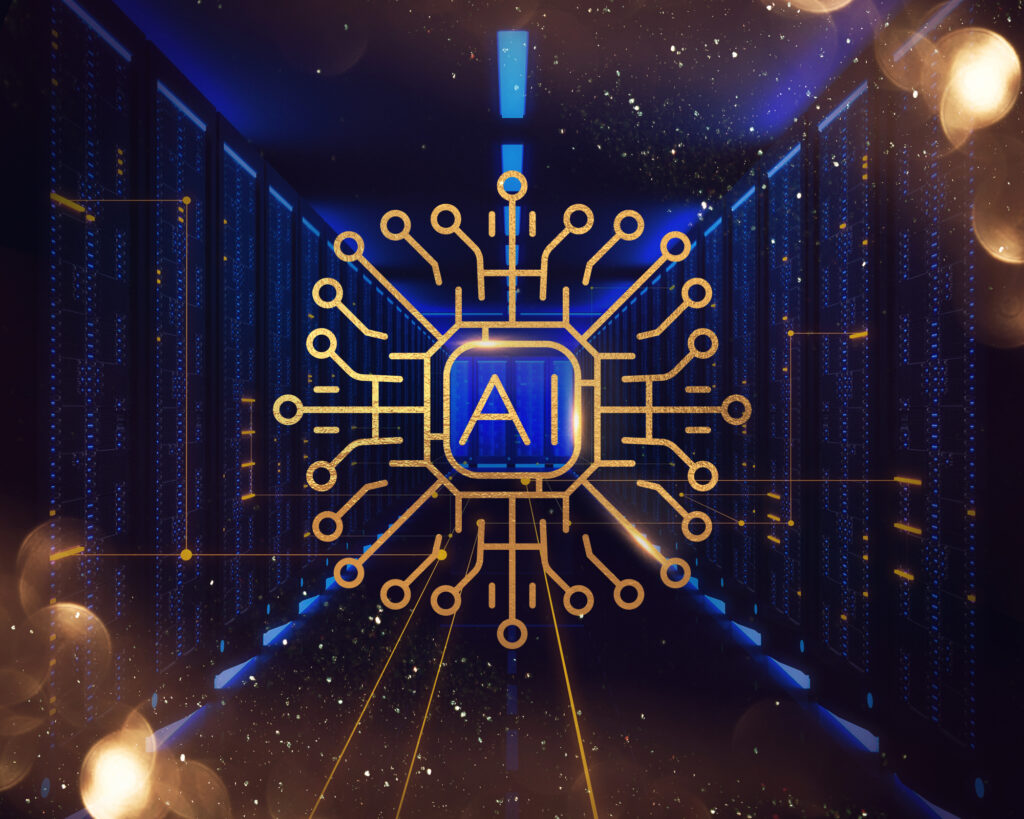
Opportunities:
1. Quicker diagnosis and treatment.
If you were following the news during the COVID times, you would have heard of Machine learning algorithms reading chest X-rays. The goal was for the model to read through the patient’s X-rays and compare them with the one who had COVID. This way, if all models find a lot of resemblances, it would raise a red flag.
The above was just one case study of Machine learning. When scaled, it can analyze heaps of medical data including lab results, medical imaging and patient records. Once it analyzes it, the model itself can see patterns to make accurate predictions. Of course, the physician will have their expertise to validate it.
2. Medical Imaging
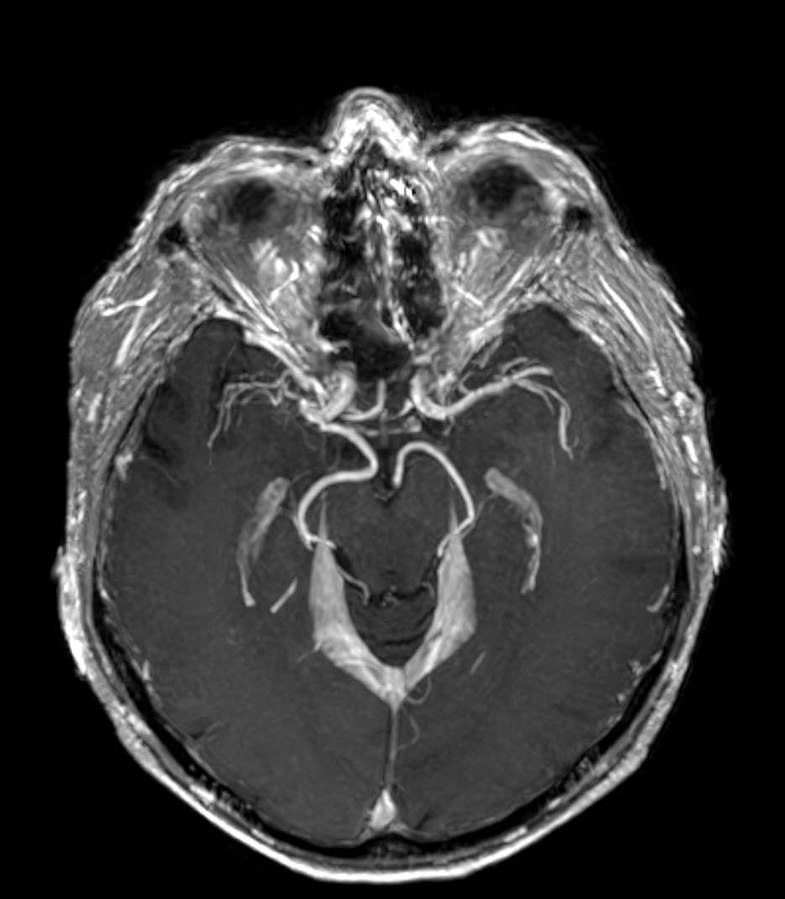
Not just reading, AI can be used to improve the existing medical imaging procedure. A deep learning model would be a great addition to a radiology department wherein this system can help detect abnormalities. Especially for something as critical as cancer or an underlying heart condition, AI-assisted imaging can help with early detection.
3. Personalized Medicine
Not every patient is the same – some people have complex genetic makeup, or as simple as an allergy. Using AI, the treatment plan can be personalized to match a patient’s unique characteristics. Even though the physician is also capable of doing it, AI would make it seamless and leave very less scope of missing something from medical history. Ultimately, this would enhance patient care and make recovery quicker.
4. Drug trials
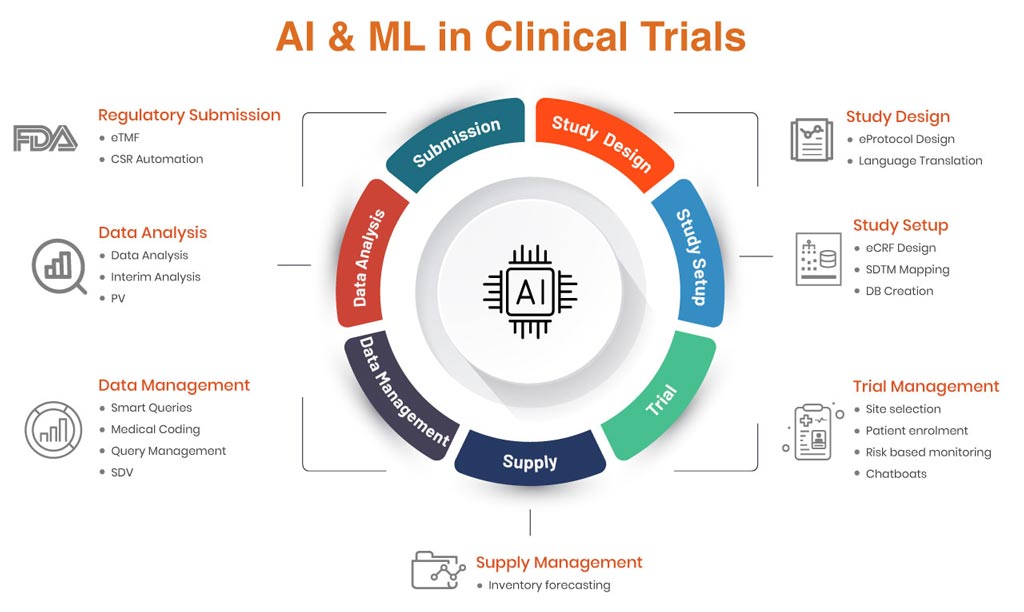
For a drug to be brought over the counter, it needs to clear a certain set of clinical trials. Finding candidates for such trials is always an uphill task since the physician needs to consider everything from their medical history to their current health condition. A small miss can create a huge side effect. Here is where AI can be used to streamline the process. An AI model can help to screen the candidates for the trials. To take it a step further, an AI model can even be trained to do A to Z in drug discovery.
Case Study: Cancer Diagnosis at the University of Pittsburgh Medical Center
Cancer is one of the deadliest diseases in the world. Unfortunately, most of the deaths due to Cancer are because of late diagnosis. Although oncologists are very well aware of this statistic, diagnosing cancer is very challenging and it can be missed easily on an image.

Traditionally, diagnosis starts from the extraction of the tumor from the site. Upon resection, the specimen is given to the pathologist who would put it under the microscope for examining the tissues. Since the structure of such tissues itself is very complicated, there are high chances for a pathologist to miss important details.
PathAI from UPMC
To address the issues, the University of Pittsburgh Medical Centre developed an AI tool called “PathAI”. The purpose of this tool is to look at the imaging results and judge whether there are any abnormalities. This is done by comparing the imaging with a vast database of images. For something as critical as pathology, accuracy is very important. As a standalone model, the accuracy is 92%, compared to a human pathologist’s 95%. However, if you combine both AI results along with a Pathologist overseeing it, the accuracy jumps to 99.5%!
How is this AI-powered Cancer Diagnosis helping?
Here are some ways in which this combined model is helping cancer diagnosis.
1. Improved accuracy – little chance of small details being missed.
2. Quicker diagnosis – since it will only take a split second for an AI to go through the imaging when compared to a human pathologist – results would be quicker to obtain. If an oncologist can get their hands on the report, they can start the treatment quickly – lowering the chance for cancer to spread.
3. Cost-effectiveness – AI can decrease man hours, as well as help make feasible decisions, all of which lower the cost of diagnosis.
4. Better outcome – since the AI catches the abnormality quickly and provides the report faster than a human pathologist, the likelihood of beating the cancer is higher.
Challenges
What’s stopping more such health centers from using Artificial Intelligence? Well, there’s more than one reason for this – all of which are worth debating over.
1. Data Privacy
Data privacy becomes a huge challenge if AI is employed within healthcare. Because for an AI model to work accurately, it needs a lot of data. And, these data include confidential patient information. Therefore, if any chance an AI is a must, access to such sensitive information must be regulated properly.
2. False negatives and positives
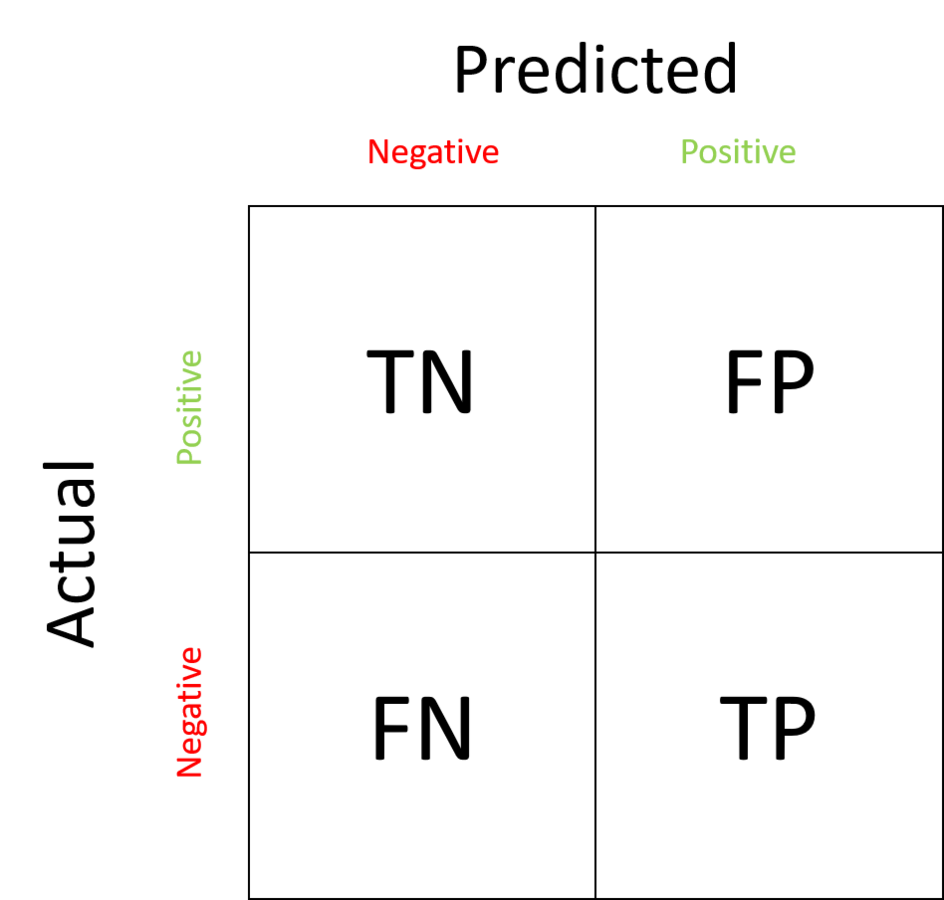
An AI model works by comparing the data with historical data. Therefore if the historical data is not accurate, then the outcome too would be inaccurate – leading to false positives and negatives. When it comes to something like Cancer, a false positive is still fine – but a false negative would impact a patient’s survival rate.
3. Legal and regulatory complications
Healthcare works based on consent forms and whatever call is taken on the operating table, the chief has to take responsibility. However, if a decision is made by an AI model, who would be responsible for the outcome – this is something the legal team needs to figure out.
4. Adoption
Needless to say, AI integration is not as easy as a click of the mouse. It would require a complete overhaul of the medical system that a hospital follows. This would mean disruption in the workflow for a small period. Hospitals would be hesitant to have such a disruption. At the same time, AI models don’t come cheap, and for you to train them, you will have to spend an extraordinary amount of time and money.
Conclusion
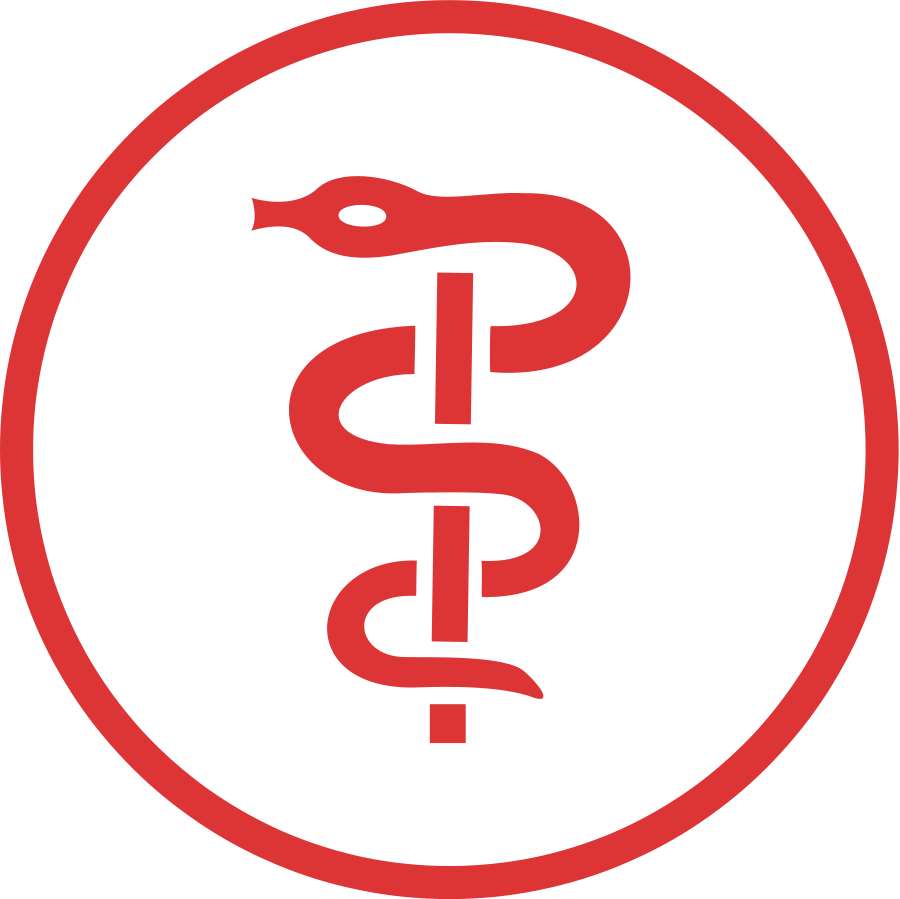
AI is indeed the need of the hour. But, AI inside healthcare would need some time for the authorities to think it over. This is mainly because of the challenges it poses. If at all, in future, more medical centers like UPMC start adopting it – other hospitals would have a case in hand for giving it a shot.



